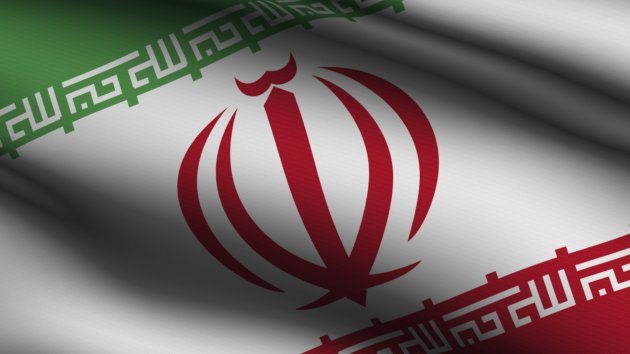Diplomacy can still solve the crisis over Iran’s suspect nuclear program, the United States said Wednesday, adding that it had relayed the message to close ally Israel.
Tensions are taut between Israel and Iran amid threats by the Jewish state to attack nuclear facilities in the Islamic republic to prevent it from reaching nuclear weapons capability, while Washington has sought to dissuade its ally from taking preemptive military action.
“We believe there is still time for diplomacy to work — but we need to see a better effort from the Iranians to answer the concerns that we’ve had,” State Department spokeswoman Victoria Nuland told reporters.
“We are focused on trying to have this dual-track policy of diplomacy backed by pressure work. And we are still focused on that.”
Iran is at the center of a showdown with the international community over its alleged nuclear drive, and has been accused of providing arms to Syria’s President Bashar al-Assad.
Tehran further outraged Israel in recent days when President Mahmoud Ahmadinejad and supreme leader Ayatollah Ali Khamenei called for eradicating the “cancerous tumor” of Israel, saying it is the biggest problem confronting Muslim countries today.
“We are focused on combining diplomacy and pressure, trying to get Iran to be serious at the negotiating table and we are in full consultations with the Israelis about the picture that we see, and we will continue to make those points clear,” Nuland said.
“But we have made absolutely clear to them that our view is that there is still time for diplomacy to work.”
The spokeswoman stressed, however, that Israel’s security was of “paramount concern” to the United States.
Her remarks came as UN Secretary-General Ban Ki-moon announced Wednesday that he will attend a Non-Aligned summit in Tehran next week, despite protests by Israel and calls by the United States to shun the event.
Ban plans to “convey the clear concerns and expectations of the international community” on Iran’s nuclear program, terrorism, human rights and the civil war in Syria, UN spokesman Martin Nesirky said.
Israel’s Prime Minister Benjamin Netanyahu told Ban this month he would be making “a big mistake” if he attended the summit in Iran.
US Ambassador to the United Nations Susan Rice also advised the UN leader against going, diplomats said. Nuland meanwhile, said it would be “strange” for Ban to attend the summit.










